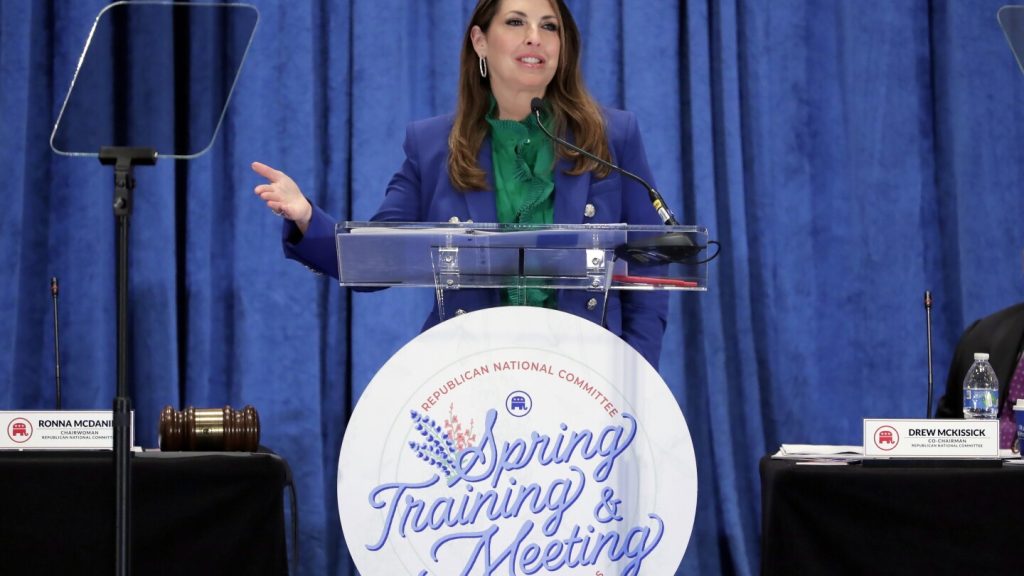NBC News’ recent hiring and subsequent firing of former Republican National Committee chief Ronna McDaniel has sparked controversy and raised questions about the role of political contributors in television news. The network initially saw McDaniel as a valuable asset, providing an insider’s perspective on the Republican campaign. However, backlash from network personalities like Chuck Todd and Rachel Maddow over McDaniel’s history of spreading election disinformation led to her swift dismissal. This incident has shed light on the challenges networks face in accurately representing the GOP viewpoint in the Trump era and has drawn criticism from Republicans and former NBC executives.
The practice of employing political contributors in television news dates back to the 1970s but has become more prevalent with the rise of cable news networks like MSNBC, CNN, and Fox News. These outlets rely on experts to fill airtime and provide analysis, with some contributors earning substantial salaries. While networks claim to seek political balance by having contributors from both parties, finding supporters with a pro-Trump stance has proven to be challenging. Many former Trump administration officials who have become network contributors are now facing backlash from the MAGA movement for their perceived lack of loyalty.
The debate over the inclusion of pro-Trump voices in news coverage has raised concerns about the journalistic integrity of networks. As journalists grapple with the ethical implications of providing a platform for individuals who promote falsehoods, some are calling for a reassessment of the practice of hiring paid political contributors. New York University professor Jay Rosen suggests that networks should rely more on their own journalists and vetted experts rather than partisan contributors. This shift, however, may be difficult for networks that rely on contributors for diverse viewpoints and engaging content.
NBC’s decision to dismiss McDaniel while affirming its commitment to diverse viewpoints has not fully appeased critics, particularly among Republicans who see the network as biased. President Trump has weighed in on the controversy, accusing NBC of being controlled by “sick degenerates” and criticizing its corporate parent, Comcast. The fallout from the McDaniel incident has led to increased scrutiny of NBC’s leadership, with questions raised about the motivations behind the hiring and the handling of the situation. Calls for transparency and accountability may prompt NBC to publicly apologize for the misstep and seek to regain trust with viewers.
Despite the internal turmoil at NBC, the broader issue of political contributors in television news remains unresolved. The tension between providing a platform for diverse perspectives and upholding journalistic standards continues to challenge news organizations in an increasingly polarized media landscape. As networks grapple with the fallout from the McDaniel controversy, they must confront the ethical dilemmas of balancing political viewpoints and truth in their coverage. The debate over the role of political contributors is likely to persist as journalists and executives navigate the complexities of reporting on divisive political issues.


